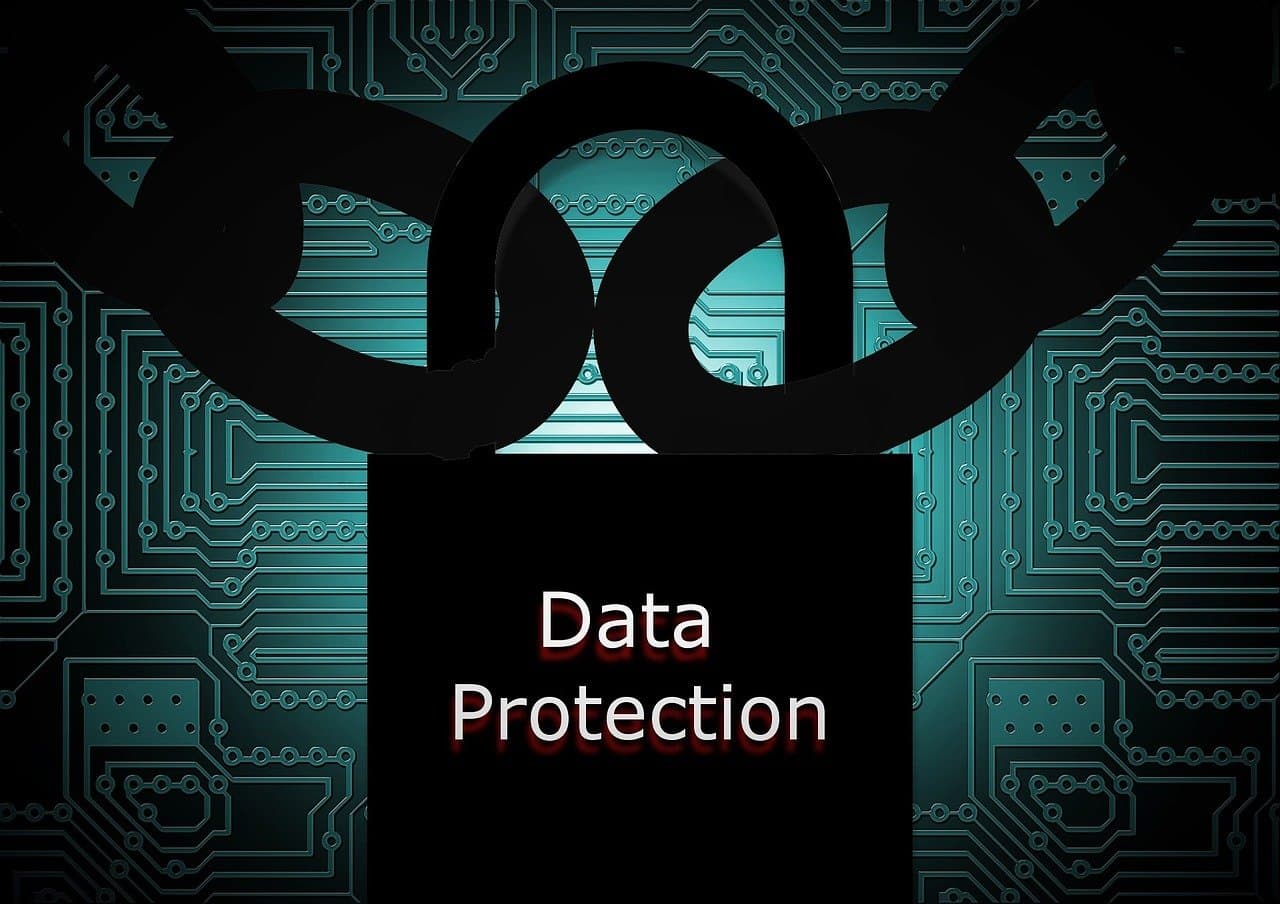Understanding Kenya’s Data Protection Act for SMS Campaigns.
October 31, 2025
written by Maingi

Introduction
In today’s fast-moving digital age, businesses rely heavily on mobile communication to reach and engage their audiences. However, as customer data becomes the foundation of personalized communication, compliance with privacy regulations has never been more important. In Kenya, the Data Protection Act (DPA) of 2019 sets out clear guidelines for how businesses collect, store, and use personal data — including through SMS campaigns.
If you use SMSLeopard for marketing, notifications, or customer engagement, understanding how to stay compliant not only safeguards your business from penalties but also builds long-term trust with your customers.
1. Overview of Kenya’s Data Protection Act (DPA)
The Data Protection Act, 2019, aligns Kenya with global data privacy standards such as the EU’s GDPR. It ensures that every individual’s personal data is handled responsibly and securely by data controllers and processors — including organizations that send bulk SMS messages.
Key objectives of the Act include:
Protecting the privacy of individuals’ data.
Regulating the collection, processing, and storage of personal information.
Promoting transparency and accountability in data use.
Ensuring fair, lawful, and limited processing of personal data.
Under the DPA, an SMS marketer is considered a data controller or data processor since they handle customer phone numbers and related information for communication.
2. What Counts as Personal Data in SMS Marketing
In SMS campaigns, personal data refers to any information that can identify a person directly or indirectly. Examples include:
Customer names and phone numbers.
Location data (if used for targeted promotions).
Demographic information stored in your contact lists.
Purchase or behavioral history used for personalized messages.
Therefore, when uploading contact lists or sending targeted campaigns through SMSLeopard, you’re processing personal data — and the DPA applies.
3. The Legal Basis for Sending SMS Campaigns
According to the Act, businesses must have a legal basis for sending SMS messages. The most relevant bases for marketers are:
a. Consent
This is the most important legal basis. Businesses must obtain clear, explicit consent from customers before sending them marketing messages. For example:
Using opt-in checkboxes on websites or forms.
Allowing users to subscribe to SMS updates voluntarily.
Avoiding pre-ticked boxes or implied consent.
SMSLeopard supports compliance by allowing you to manage opt-in and opt-out lists easily, ensuring that your campaigns only reach customers who have given permission.
b. Legitimate Interest
In some cases, you may send transactional or service-related messages without explicit consent (e.g., delivery confirmations, account updates). However, the content must be relevant to the user’s existing relationship with your brand.
4. Key Compliance Practices for SMS Marketers
a. Obtain and Document Consent
Always keep a record of when and how customers gave consent to receive messages. SMSLeopard provides reporting tools to help track subscriptions and opt-outs efficiently.
b. Provide Clear Opt-Out Options
Every SMS campaign must allow users to unsubscribe easily — for instance, replying with “STOP” or “UNSUBSCRIBE.” SMSLeopard automates this feature to ensure users’ preferences are respected.
c. Limit Data Collection and Usage
Only collect data you truly need. Avoid storing unnecessary information like ID numbers or addresses if they don’t serve a specific communication purpose.
d. Secure Your Contact Lists
Store all customer data securely and restrict access to authorized personnel only. SMSLeopard uses encrypted systems and data protection standards to safeguard customer information.
e. Avoid Sharing Data Without Consent
Never sell, rent, or share customer contacts with third parties unless consent is explicitly given. This is one of the key violations punished under the DPA.
5. Penalties for Non-Compliance
The Office of the Data Protection Commissioner (ODPC) enforces the Act and can impose fines or other penalties for breaches. Non-compliant businesses face:
Monetary fines of up to Ksh 5 million or 1% of annual turnover, whichever is higher.
Suspension of data processing rights.
Reputational damage and loss of customer trust.
By using SMSLeopard, you benefit from built-in compliance tools — from data encryption and secure contact management to automated opt-in/opt-out systems — helping your business stay on the right side of the law.
6. Building Customer Trust Through Transparency
Compliance isn’t just about avoiding penalties — it’s about building trust and loyalty. Customers today are more privacy-conscious than ever. When they know that your business respects their data, they’re more likely to engage with your messages and remain loyal to your brand.
Simple actions such as:
Being transparent about how you use their data.
Sending relevant, value-driven messages.
Allowing easy control over preferences. help foster stronger, longer-lasting relationships.
7. How SMSLeopard Keeps You Compliant
SMSLeopard is Kenya’s leading bulk messaging and automation platform, designed with both compliance and efficiency in mind. Here’s how we help businesses meet DPA requirements:
✅ Secure Data Handling: Industry-grade encryption protects your customer lists and campaign data. ✅ Opt-In & Opt-Out Management: Automatically track consent and unsubscribe requests. ✅ Permission-Based Campaigns: Send to verified and compliant lists only. ✅ Custom Sender IDs: Maintain brand identity and transparency in all communications. ✅ Local Compliance Support: Our team stays updated on Kenyan regulations to guide your messaging strategy.
By integrating SMSLeopard into your workflow, you’re not just sending messages — you’re building a compliant, trustworthy, and sustainable communication ecosystem.
Conclusion
The Kenya Data Protection Act has transformed how businesses communicate with customers — and compliance is now an essential part of marketing success. By respecting customer privacy, maintaining transparency, and using trusted platforms like SMSLeopard, businesses can confidently send impactful messages that both comply with the law and strengthen customer relationships.
At SMSLeopard, we believe that trust is the new currency of engagement — and we’re here to help you earn it, one compliant campaign at a time.